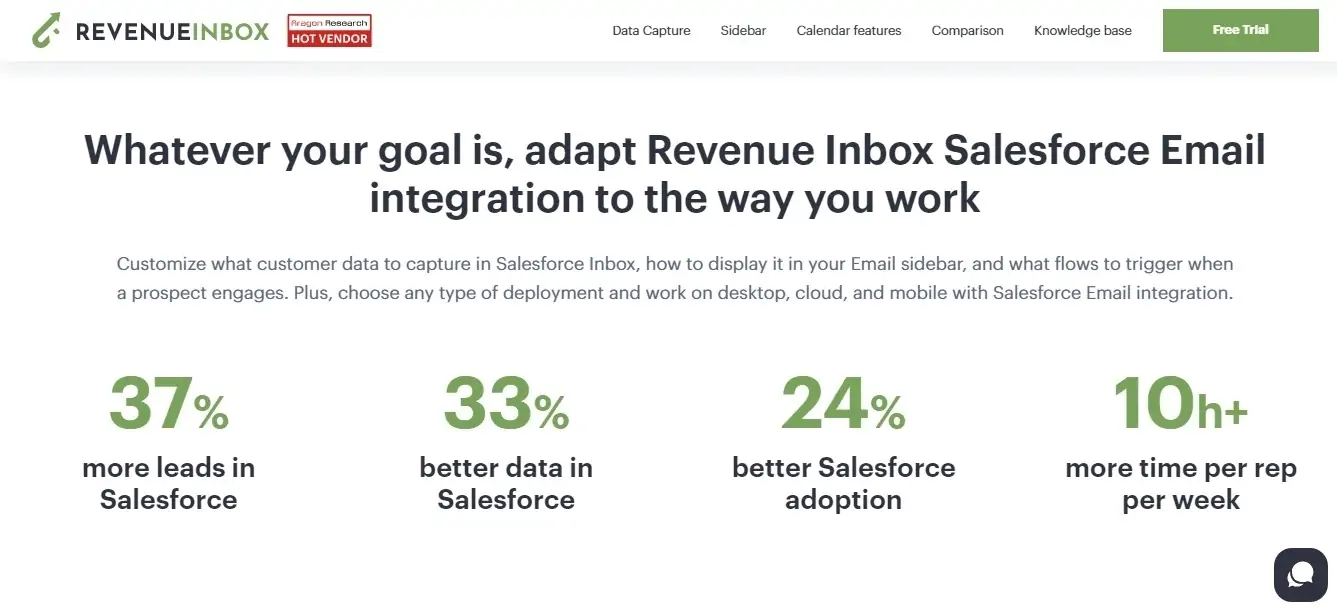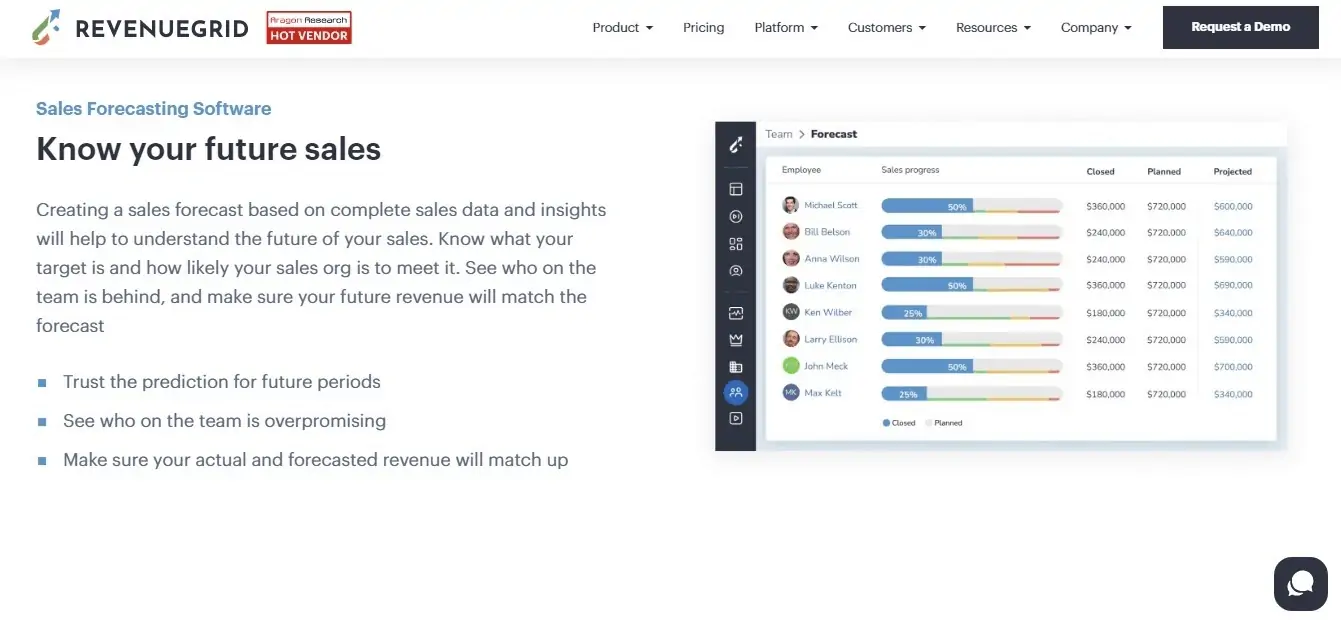Companies’ products and services are becoming more and more technically complex; even the most successful sales reps do not always have deep enough technical knowledge of the product. That’s why they need to team up with someone who has in-depth product knowledge. This becomes a critical part of the job, especially for businesses that operate in highly technical fields.
That’s where sales engineers come into play, helping reps with presales and handling fulfillment, translating the technical aspects of product/service to potential customers.
Let’s find out in detail what sales/pre-sales engineering is, what these guys do and how to improve the team’s work.
What is sales engineering?
Sales engineering (also known as solutions engineering, systems engineering, and solutions architecture) is a kind of hybrid of sales and engineering, a common position in companies that are operating in commercial/industrial markets.
On the one hand, a sales engineer is a salesperson, who can apply his deep engineering knowledge; on the other hand, he is a certified engineer that has experience in selling technical systems.
Sales engineers use their specific skills (i.e. knowing how a certain product works, how its separate parts can interact with each other, and so on) to clarify the advantages of a product/service and to demonstrate the reasons why it is better than the competitors’ offers when required.
Sometimes, companies differentiate between sales engineers and pre-sales engineers. The latter are usually involved in various pre-sales activities like prospecting, finding new opportunities, discovery calls, demonstrations, answering technical questions, proving concepts, and getting a technical close—in other words, they do everything to assist sales reps in reaching their goals.
What does a Sales Engineer do?
A sales engineer’s average work day might include:
- Doing market research to find out the needs of potential customers.
- Assisting in research and development of the new products.
- Providing guidance and support for the sales team.
- Collaborating with sales teams to figure out customer requirements, responding to request for proposals, and providing sales support.
- Scheduling customer meetings.
- Preparing and delivering tech presentations to explain the benefits of a product to prospects, persuading them that the product is the best option for their specific needs.
- Providing pre-sales tech assistance and product education.
- Planning the product modifications to meet the customer needs, interacting with manufacturers.
- Administering customer accounts.
- Preparing reports.
- Negotiating tender/contract terms.
- Closing sales by agreeing on terms and conditions.
- Recommending better materials/machinery to customers, demonstrating how these solutions will help to boost production or lower costs.
- Providing follow-ups and tech support after the sale.
How can you help your sales engineers be more successful?
Salespeople are often bombarded with loads of daily tasks that can (and should!) be automated and completed in much more convenient and effective ways.
To boost their performance, they need top-end comprehensive sales-engagement tools that were created to help sales professionals free up a lot of their time, devoting it to closing deals and, in general, make their job easier.
Revenue Grid is one of those advanced solutions: it’s a Salesforce-native, AI-powered Guided Selling platform that provides sales teams with step-by-step guidance to win key deals using full sales data, your proven strategy, and expertise. It offers a bunch of features that help sales teams to gain complete visibility, control the sales process, and close deals faster, for example:
- Complete data capture. One of the biggest challenges salespeople face with their sales pipeline is inadequate data. Actually, Salesforce itself claims that more than 90% of CRM data is incomplete, and 70% of that data decays annually.
Revenue Inbox can easily help to close this information gap. It is the #1 Salesforce and Email & Calendar integration that will save your salespeople 10+ hours per week and help them work smarter, increasing sales and revenue, acquiring new customers, and improving ROI.
It is a powerful enterprise-class yet easy-to-use and highly customizable integration that allows you to capture and save 100% of customer-related data to Salesforce automatically, giving your sales team 34% more CRM data and 32% better forecasting. It helps to synchronize emails, meetings, and tasks between CRM and Office 365, Outlook, and Gmail. Its contextual sidebar allows you to check and edit everything you need about opportunities, lead information, deals, contracts, planned events and tasks, cases, associated accounts, and more.
Discover all the benefits of Revenue Inbox – the best
Salesforce email integration
- Complete sales pipeline visibility. Without pipeline visibility, your salespeople (both sales reps and sales engineers) will have no idea if they have enough opportunities to hit their quarterly goals, they won’t know whether the opportunities they are generating are closing, and they won’t be able to take quick and tactical action.
Revenue Grid’s pipeline visibility provides an understanding of the actual state of the pipeline across all accounts. Sales professionals can quickly update any opportunity information in the CRM. Each team member can have a single pane of glass displaying current opportunities and being notified of deal size changes, close dates, and scores.
The Opportunities view includes signals, next steps, last touch, and overview data, providing a quick synopsis of where each deal stands.
- Improved sales forecasting. Sales forecasts give business leadership an idea of future revenue, so they can plan accordingly. If the organization is constantly mistaken in its sales forecasts, it can overspend at the wrong times or be too risk-averse when it should be spending. But data shows that 93% of sales leaders can’t forecast revenue within 5%, even with a few weeks left in the quarter.
Revenue Grid’s sales forecasting, based on real-time data and risk assessment helps to make your actual and forecasted revenue match up, namely:
- Accurate forecasts based on complete sales data and AI-based insights help you stay one step ahead and clearly see the future of your sales.
- You can clearly see which deals are at risk, understand the reason why there’s a risk, and quickly find out how to avoid or mitigate it.
- Get notifications and alerts as soon as there are changes in any part of the sales forecast.
- Compare previous and future periods side-by-side to understand what has changed and to find out the reasons behind these changes.
Q&A
What skills does a sales engineer need?
- A solid technical background.
- The ability to work both in a team and independently.
- Analytical and problem-solving skills.
- Excellent presentation skills.
- Sound judgement and excellent business sense.
- The ability to quickly build relationships with clients.
- Tenacity and resilience.
- Good negotiation/persuasion skills.
- Confidence.
- Foreign language skills.
- The ability to deal with pressure and to work irregular hours.
Sales engineer VS sales
- Functions: sales reps present the larger value proposition and manage the customer relationship, while sales engineers provide technical insight about deployment and implementation of the product, putting the value proposition into practice.
- Area of responsibility: sales reps handle the primary customer interaction (setting of contract terms, the scope of work, and pricing), while sales engineers are involved to offer all kinds of support.


